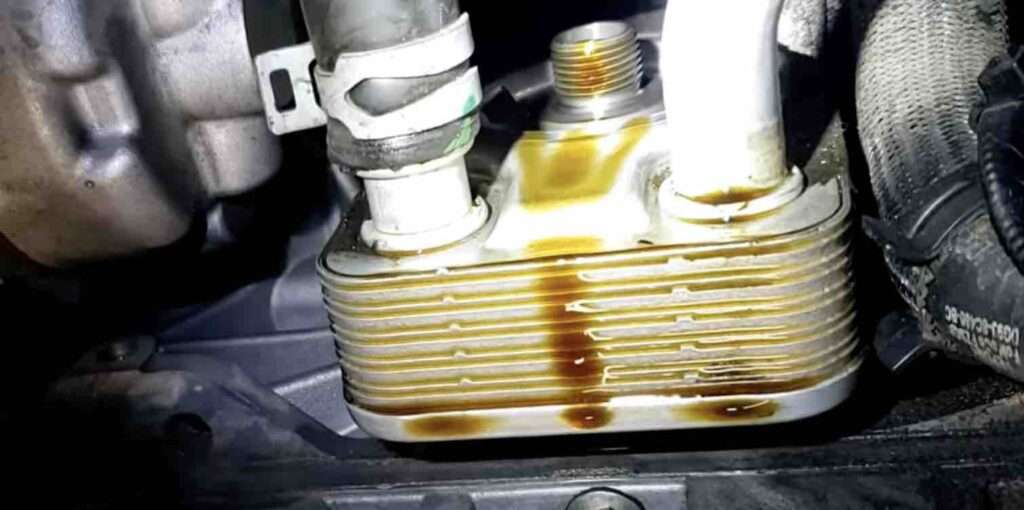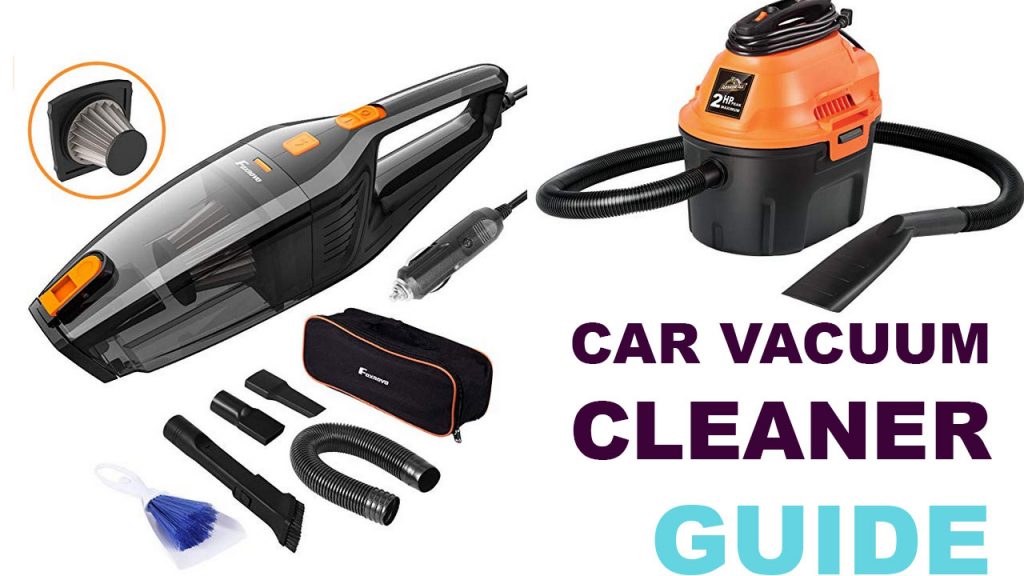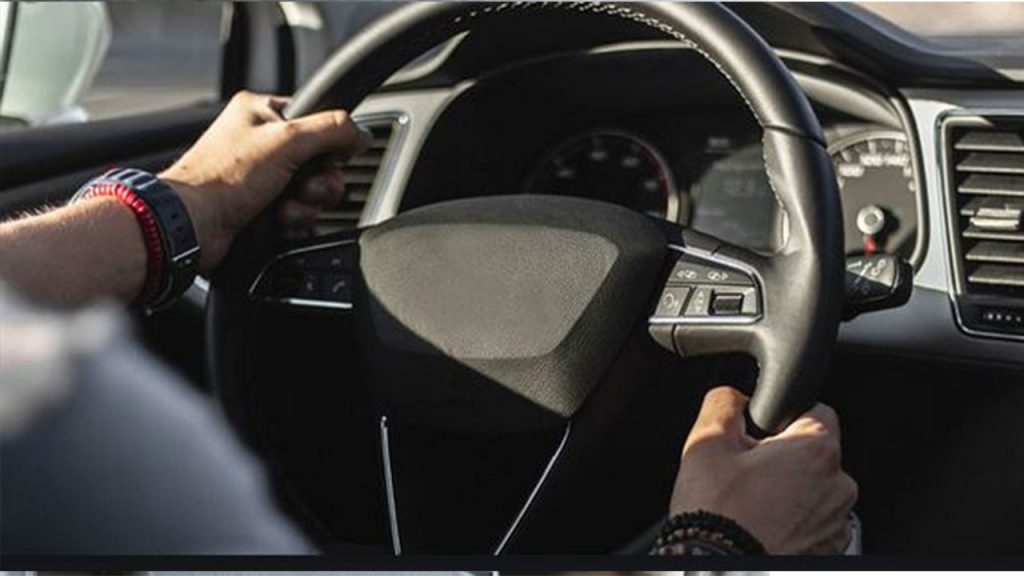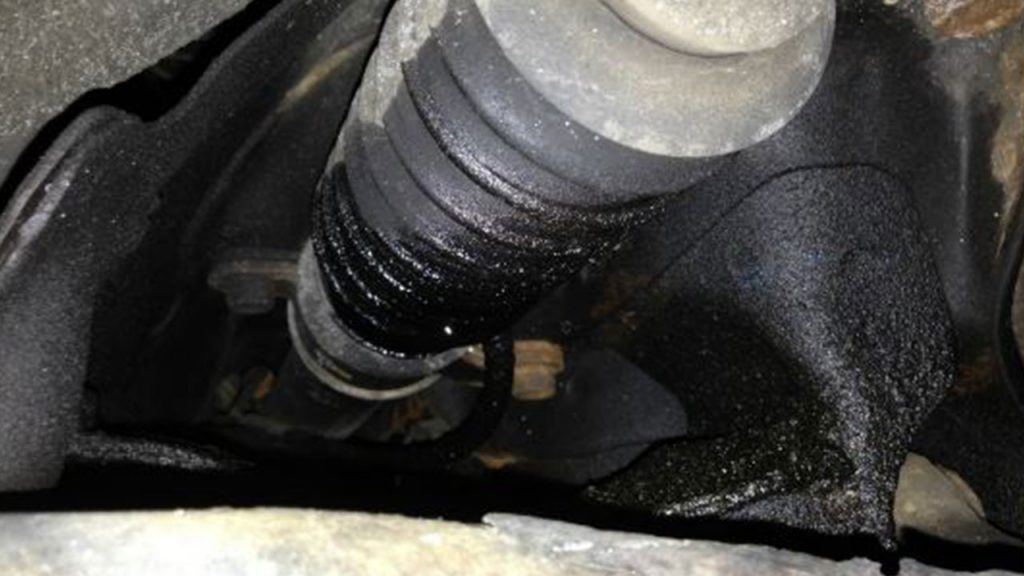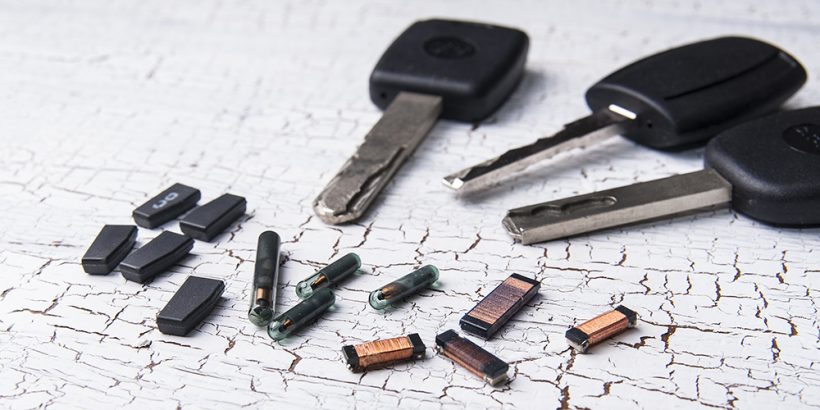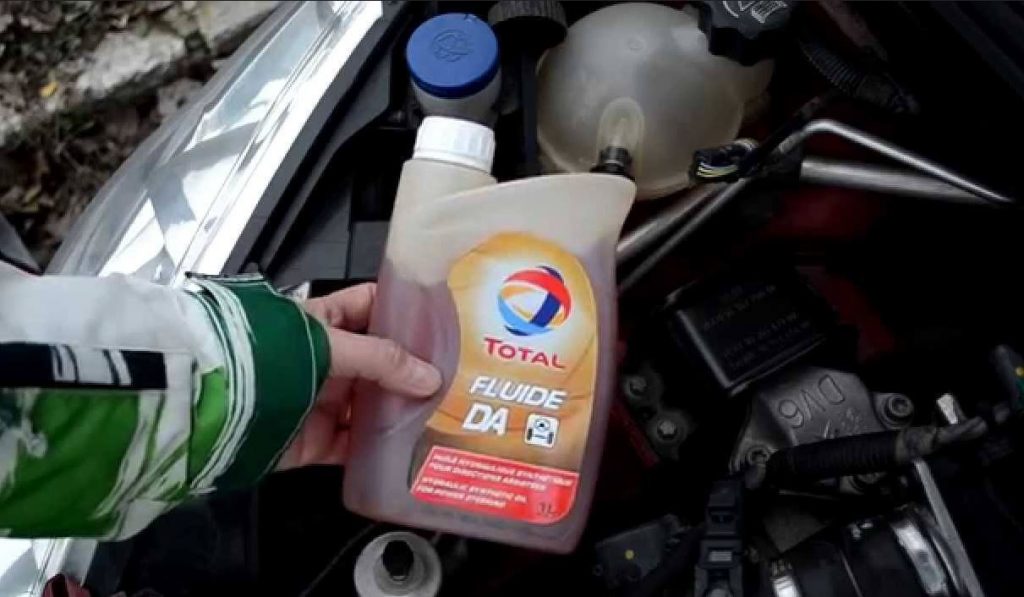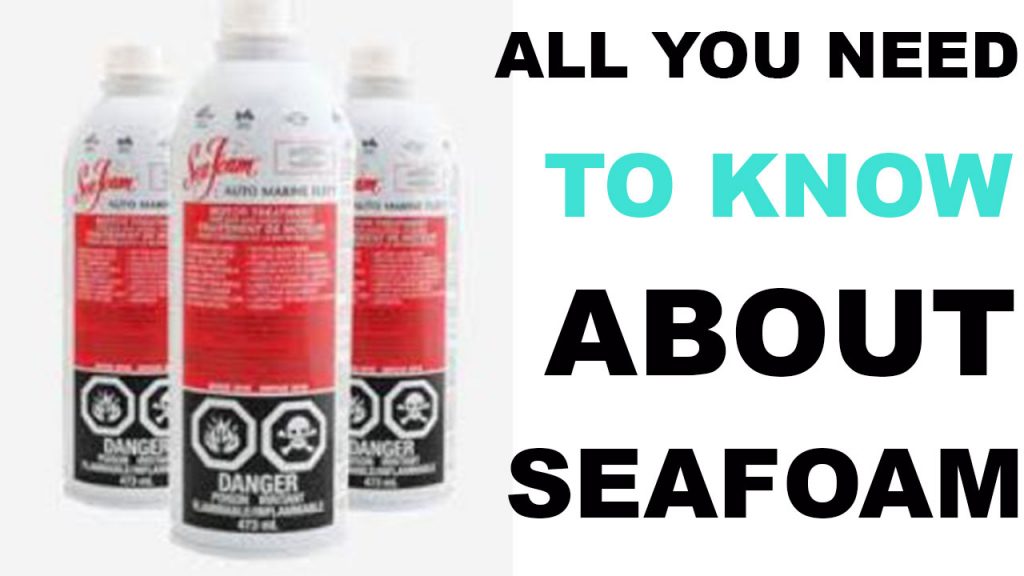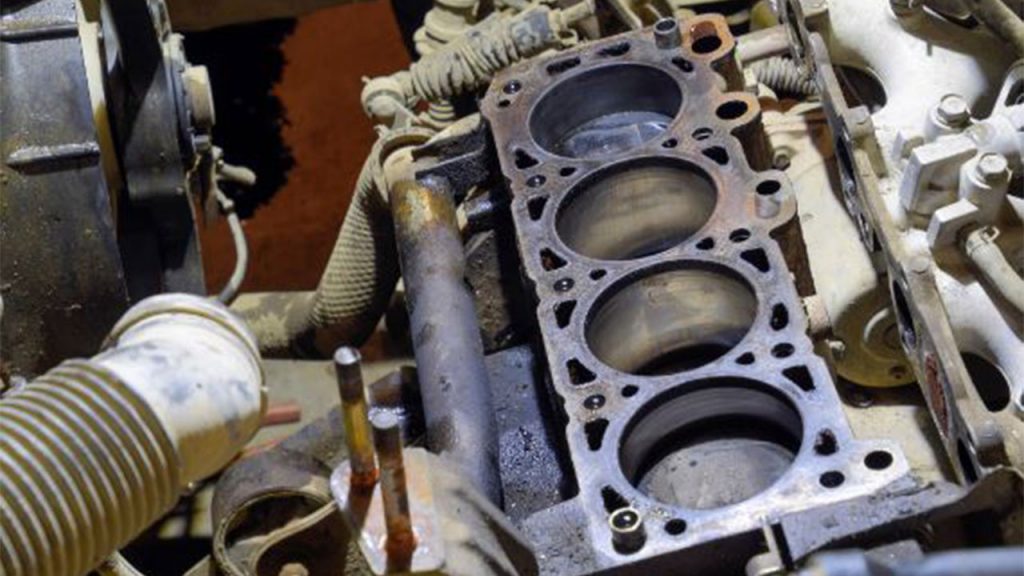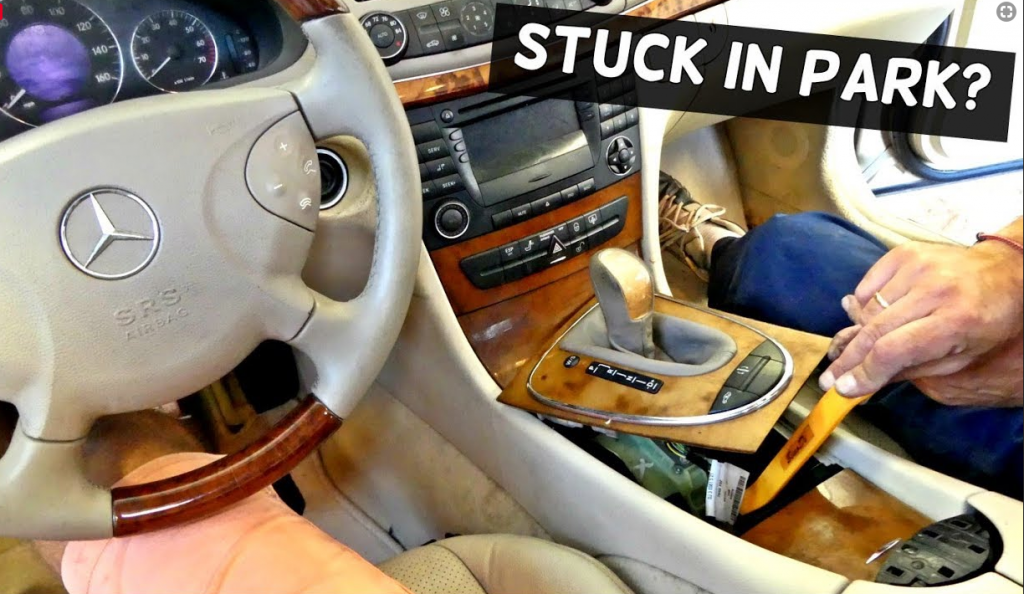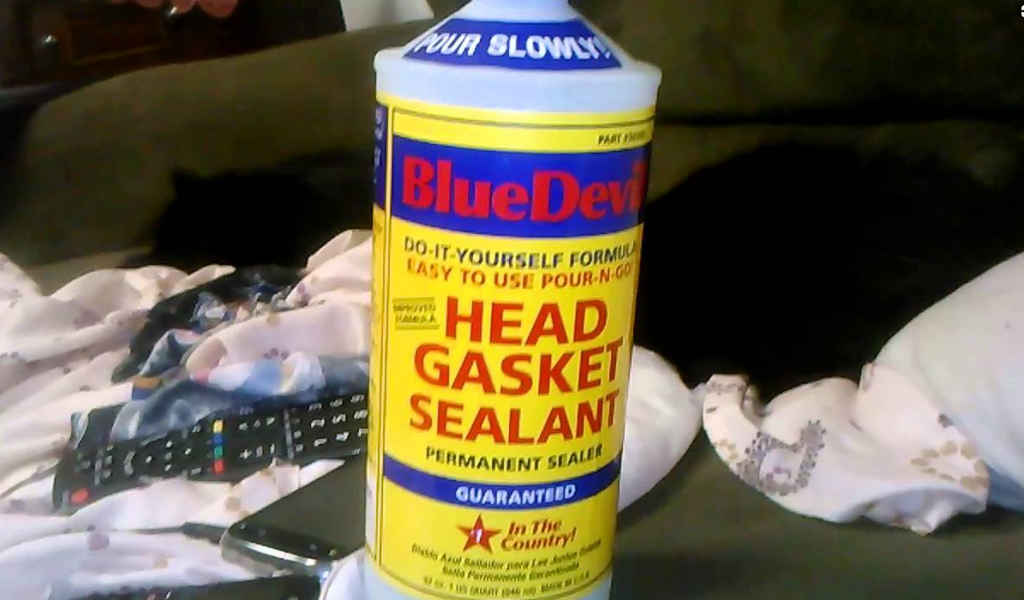Last updated on March 27th, 2024 at 12:42 pm
Do your car oil leak 2 weeks after oil change, or maybe your car leaks oil after an oil change immediately after your drive home? Well, stay with me in this post. If you recently had an oil change and now find yourself suffering from oil leakage issues after doing it yourself or even after a mechanic changed your car oil, this article looks at why is car leaking oil after oil change and offers our expert solutions to your leaking car after an oil change, how can you address this problem effectively? Well, Let’s dive right into it fully!
Car leaking oil after oil change causes.
What Does Service ESC Mean On A Chevy Malibu, causes, Fix, & Reset
1. Improper Installation of Oil Filter
One common cause of oil leakage after an oil change is due to improper installation of an oil filter. When changing oil, it’s essential that the filter be tightened correctly or leakage will result. Sometimes remnants from old filters might remain, leading to poor seals when installing new ones – to remedy this, replace and tighten each new filter securely before installing new ones.
2. Faulty Drain Plug
Another potential cause of oil leakage can be traced back to an improperly functioning drain plug. As part of an oil change process, when taking out and then reinserting an old oil draining out through its threads is often when the drain plug is removed, and its washer becomes worn-out or not tightened correctly – leaving oil seepage. Furthermore, rethreading may cross thread with existing threads on the oil pan and will cause more leakage issues; to resolve these problems, it would be necessary to replace or repair either its washer as necessary as well as repair existing threads causing leakages – either way, either option will require either replacement of drain plug washer replacement as necessary or repair to repair oil pan threading to resolve these problems effectively.
3. Deteriorated Oil Pan or Gasket
Damage to an oil pan or gasket could also account for oil leakage after an oil change. Over time, an oil pan could develop cracks due to road debris or become worn-out over time – leading to oil seepage – while its seal against the engine block may wear down over time, causing leakage of engine oil into surrounding engine blocks. If you suspect an affected oil pan or gasket needs attention, it would be a good idea to contact a qualified mechanic who will assess any possible issues and recommend appropriate repairs or solutions.
4. Overfilled Oil
Too much excess engine oil can also be problematic as the overflow may lead to car oil leaking after your car oil change. If you or your mechanic accidentally overfills your car oil during an oil change, too much of the oil may cause leaks from gaskets and seals, forcing them open and allowing oil leakage outward. In such an instance, excess oil must be drained off until levels meet those recommended by vehicle manufacturers for best performance.
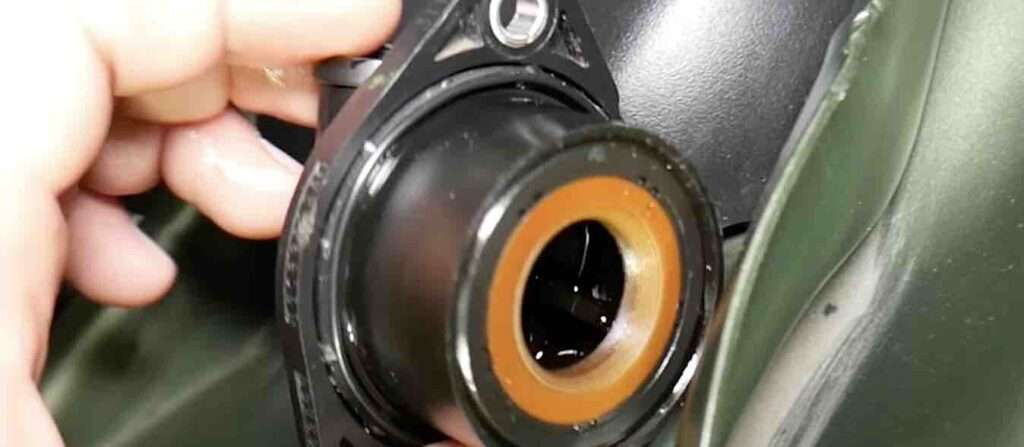
5. Defective Oil Filter or Seal
Though less common, an oil filter or seal issue could contribute to oli leakage after an oil change. Manufacturing defects or shipping and handling damage could damage its integrity, leading to leaks. If this is suspected of happening to you, make sure that its replacement comes from an established brand and manufacturer for the best results.
6. Residual Oil Spillage
In some instances, oil leaks after an oil change could simply be due to residual oil spillage during service, which could be the case when you notice an oil spot on driveway after oil change. While small amounts may escape when unplugging filters or drain plugs, creating what seems to be leaks, nevertheless, they should not pose too many serious concerns. Nonetheless, should oil leakage persist past just a few drops, further investigation must be undertaken in order to assess and address its source.
Car leaking oil when parked after service
any of the above Causes of Leaks we mention could be a reason for car leaking oil when parked after service; however, there may be many other reasons for an oil leak to develop aside from those related to changing engine oil. For instance, a degraded or damaged engine gasket can be one of the reasons too as the head gasket acts as a sealer that prevents fluids from seeping past the engine compartment and so may result in an oil leak if there’s a break or degradation of the gasket.
Also, oil pan leaks, seal leaks, or poor connections could all lead to oil leaks; although less common causes than the obvious ones listed above, they still can be the reason for the leak, worn rings, and valve seals.
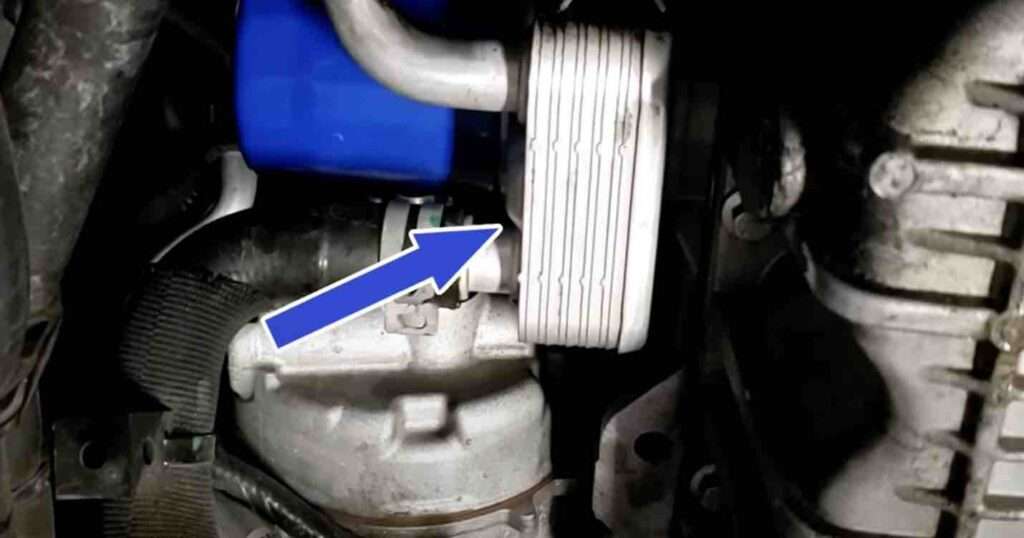
Fixing an oil leaking from Drain plug after oil change
If oil leakage from the drain plug after an oil change becomes an issue, taking immediate steps can prevent further issues and could even save lives. Here are a few steps you can follow to troubleshoot and resolve it:
- Double-Check Drain Plug: Verify that the drain plug is securely tightened using a wrench; however, overtightening can damage either the plug itself or oil pan itself and should be done carefully to avoid possible injury to those around it.
- Examine the Drain Plug Gasket: Some drain plugs include an integral gasket that forms an airtight seal around them, so inspect this gasket or washer regularly for signs of wear, damage or missingness if applicable – replacing with new parts may be required in this instance; alternatively there may be drain plug models with integrated gaskets that don’t need replacement as frequently.
- Clean the Area Around Your Drain Plug: Be certain that the area surrounding the drain plug and oil pan is clear of dirt or oil residue that might prevent proper sealing, using either a cloth or suitable cleaners to properly cleanse this space. To do so effectively and thoroughly.
- Search for Signs of Damage: Carefully examine both the drain plug and oil pan for signs of wear, such as stripped threads, cracks, or any visible issues such as stripped threads. If any are present, repairs or replacement of either could be required to bring both back into proper working condition. If necessary, replace or have it repaired accordingly.
- Seek professional assistance: If the leak persists after trying the above methods, it would be prudent to seek professional help from either an automotive service center or a qualified mechanic – they have access to tools that will enable them to diagnose and address it effectively.
Remember, responding quickly to oil leaks is crucial, as low oil levels as a result of the leakage might result in engine damage.
Conclusion
Oil leakage after an oil change can be very frustrating, but understanding its causes will allow you to troubleshoot why there might be oil on the garage floor after oil change more effectively. To diagnose the cause for residual oil after oil change, you have to be on the lookout for improperly installed filters or drain plugs; damaged oil pans or gaskets; overfilled or defective filters or seals; as well as residual spillage of residual oil after changing oil. Once identified, identify how best you can address or seek professional assistance to address it yourself or seek further professional guidance as necessary – hopefully, our comprehensive guide has provided all the insight into addressing the car’s oil leakage issue successfully.

